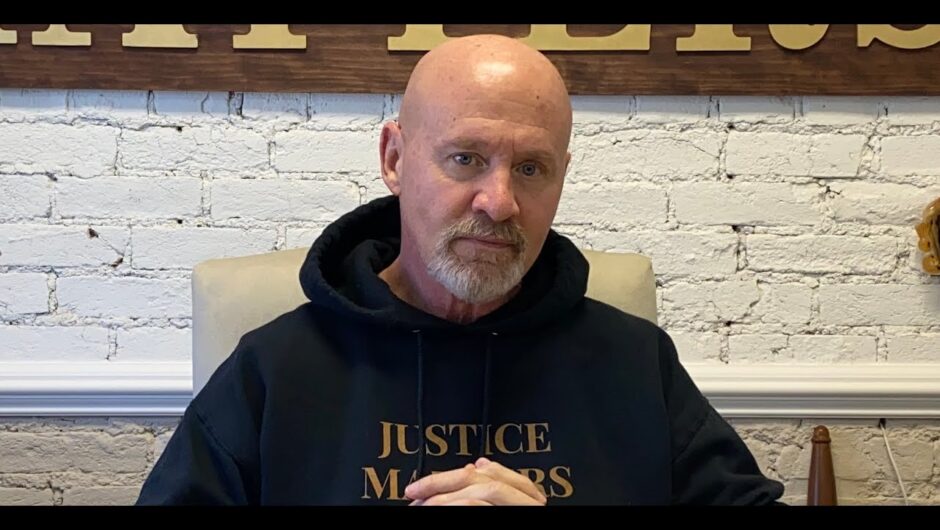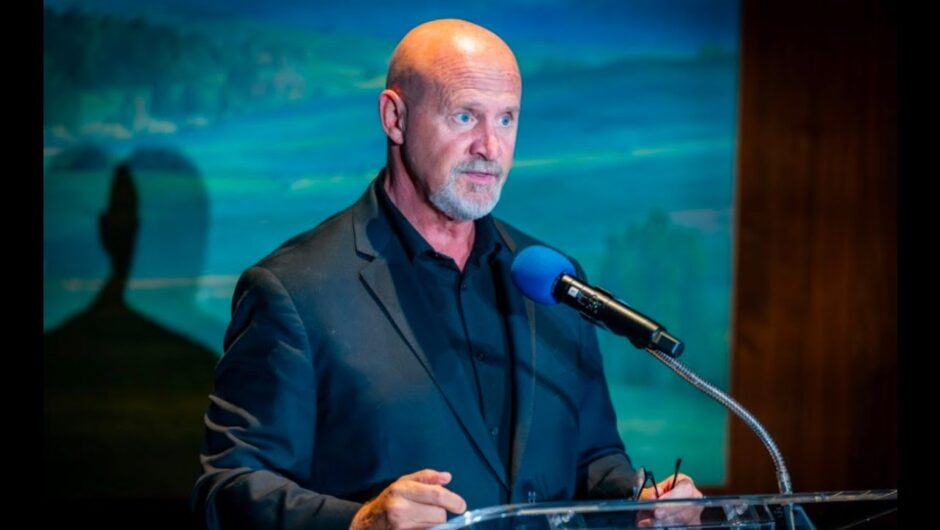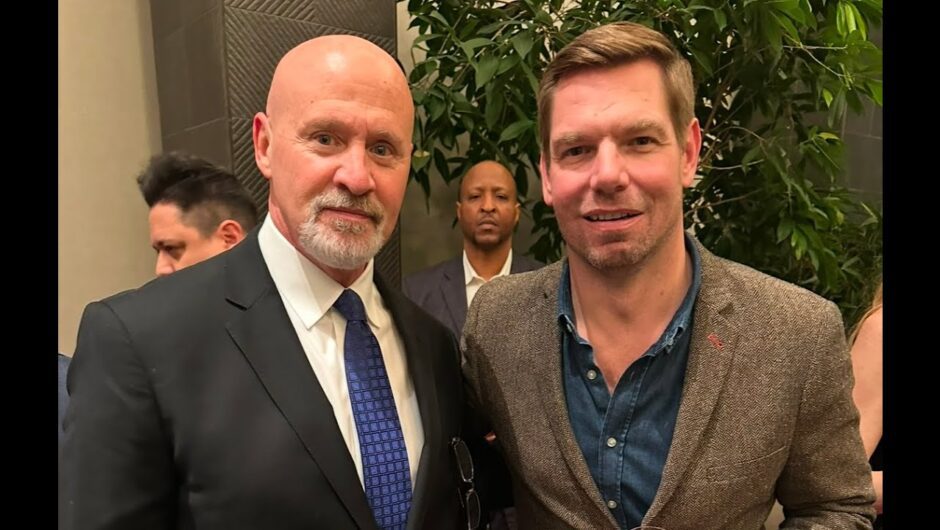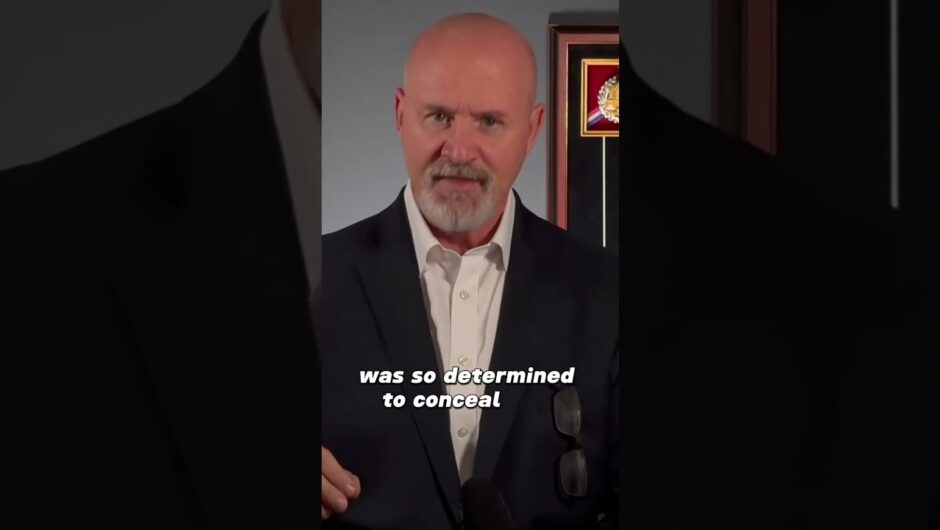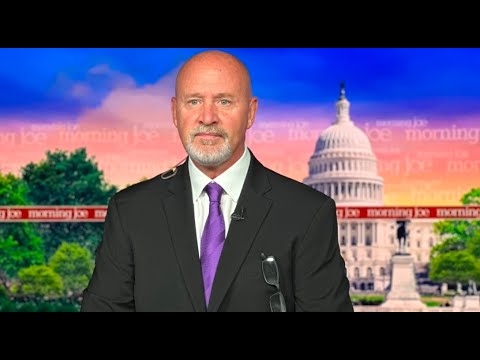The president of the Tokyo 2020 organising committee has ruled out a cancellation or further postponement of the Olympics, as doubts swirled among city governments and medical professionals whether the event could be held safely during the pandemic.
Key points:
- Towns and cities set to host have increasingly expressed misgivings
- Only about 2 to 3 per cent of Japan’s general population is fully vaccinated
- Japan is battling a fourth wave of COVID-19 50 days out from the games
But with 50 days to go until the Games, the event was dealt another blow as 10,000 volunteers pulled out.
Public opinion polls in Japan have consistently shown that a majority want the Games cancelled or put off yet again after being delayed by one year because of the coronavirus crisis.
A majority of the Tokyo Metropolitan Assembly feel the same way, the Tokyo Shimbun newspaper reported on Thursday.
“We cannot postpone again,” athlete-turned-politician and organising committee president Seiko Hashimoto said in an interview published on Thursday by the Nikkan Sports newspaper.
Prime Minister Yoshihide Suga is likely to call a snap election after the Olympic and Paralympic Games, the Asahi newspaper reported, showing his resolve to push ahead with the event.
Foreign spectators have already been barred from the Games, and officials are undecided if Japanese fans will be allowed into venues. Economy Minister Yasutoshi Nishimura pointed out on Thursday that excited fans, shouting and hugging could pose a contagion risk.
Towns and cities set to host Olympic training or events have increasingly expressed misgivings, amid concerns visitors will spread variant strains of the virus and drain medical resources.
The government of Ota City has been inundated with complaints by residents over a decision to give preferential COVID-19 vaccinations to city and hotel staff tending to Australian athletes, media reported.
The city, about 80 kilometres northwest of Tokyo, is the site of a training camp for Australia’s softball squad, which this week became the first national team to arrive in Japan.
Kurume City in the southern prefecture of Fukuoka pulled out of hosting Kenya’s pre-Olympics training camp, the African nation’s Olympics committee said on Wednesday.
A player on Ghana’s under-24 team tested positive for the coronavirus after arriving in Japan for a friendly match, the Japan Football Association (JFA) said on Thursday. And in Taiwan, the Chinese Taipei Baseball Association said it was pulling out of Olympic qualifier games in Mexico amid infection concerns.
Japan is battling a fourth wave of COVID-19 eight weeks out from the scheduled start of the Games, but the country’s vaccine rollout has been slow and 10 regions including Tokyo are under a state of emergency until June 20.
While Japan has avoided the large-scale infections suffered by many other nations, severe cases are rising in the latest outbreak. More than 746,000 cases have been recorded and more than 13,000 deaths.
Shigeru Omi, Japan’s top medical adviser, has become more vocal about concerns that he and other medical experts have about staging the Games.
On Wednesday, Mr Omi told a parliamentary committee it would be abnormal to host the Olympics amid the current state of infections, and organisers had a responsibility to scale down the event if the situation continues.
10,000 volunteers drop out
Reuters: Athit Perawongmetha
)Meanwhile, about 10,000 of 80,000 unpaid volunteers for the Tokyo Olympics and Paralympics have told organisers they will not participate when the Games open on July 23.
Organisers said some dropped out because of worries about COVID-19. Few volunteers are expected to be vaccinated since most will have no contact with athletes or other key personnel.
Only about 2 to 3 per cent of Japan’s general population is fully vaccinated in a very slow rollout that is just now speeding up. Conversely, the IOC expects at least 80 per cent of athletes and residents of the Olympic Village to be fully vaccinated.
“We have not confirmed the individual reasons,” organisers said in a statement.
“In addition to concerns about the coronavirus infection, some dropped out because they found it would be difficult to actually work after checking their work shift, or due to changes in their own environment.”
Unpaid volunteers are a key workforce in running the Olympics and save millions of dollars in salaries. Volunteers typically get a uniform, meals on the days they work, and have daily commuting costs covered. They pay for their own lodging.
A study done for the International Olympic Committee on volunteers at the 2000 Sydney Olympics said their value was at least $60 million for 40,000 volunteers.
Reuters/AP

